The redacted version of the 448-page report released by the Justice Department earlier this month didn't find conspiracy or coordination between the Trump campaign and the Russian government. Special counsel Robert Mueller did not decide whether Trump obstructed justice in violation of the law, though he investigated it thoroughly and found in several instances both potentially obstructive behavior and motive.
Yet the document serves another purpose: a catalog of what was and wasn't true regarding the 2016 campaign and the Trump administration.
Some of the lies that CNN found Mueller prosecuted as crimes -- like in the court cases against Michael Flynn, Trump's first national security adviser, who admitted to lying to the FBI, and Michael Cohen, his former lawyer and fixer who admitted to lying to Congress.
Many however, have not led to court cases, since they were told by the President or his communications staff to the American public, at press conferences, in interviews and in official statements.
Others were lies of omission, or involved wrong information given initially to investigators and then corrected, sometimes with consequence, sometimes without. Except in regard to the President's assertions, Mueller often did not delve into a person's intent, instead just laying out the facts he had unearthed.
One comment in particular seems to capture how the President views giving false statements to the press. Mueller notes that during the effort to spread a lie about his involvement in the response to news of the Trump Tower meeting in June 2016, Trump told a group of reporters outside the White House, "It's a statement to the New York Times ... That's not a statement to a high tribunal of judges."
How we analyzed the report
CNN's approach to analyzing the report was this: Every time Mueller documented a false assertion made to the public or federal officials -- even if it was the same falsehood told again and again -- it was counted. This includes lies to investigators and to Congress, who represent the public. CNN did not include efforts on the part of the White House to get other administration officials to lie, of which Mueller notes several instances.
The final portrait as written by Mueller reveals eight major topics around which Trump and his associates pushed false stories, from his interactions with former FBI Director James Comey, to the negotiations about a Trump Tower project in Moscow, to the President's flat denial that US intelligence had found the Russian government was involved in the hack of the Democratic National Committee.
Sometimes, Mueller lays it out cold, saying a person asserted something "falsely." At other times, Mueller describes a cascade of assertions -- often by the President -- only to pull back later to say that "substantial evidence" contradicts the statements. On a few occasions, Mueller couldn't determine the truth, but outlines how at least one person among a group must have been giving false information.
In its analysis, CNN counted instances where Mueller noted multiple people giving different versions of events as one false assertion each.
CNN's analysis also counted situations where false information was shared yet Mueller didn't always make clear whether the person intended to give bad information. In a few cases, Mueller documented how some of the people had explanations regarding the information they shared.
In all, although he seldom uses the term, Mueller's effort may be the first comprehensive finding by a federal investigator to document the lies to the American public told by the Trump campaign and administration.
Trump Tower Moscow project
Mueller uncovered a systematic effort by Trump and his onetime attorney Cohen to mislead the public about Trump's financial ties to Russia. The deception spanned years and included lies to the voters, the press, congressional committees and Mueller's investigators. In all, Mueller called out at least 30 lies or misleading statements about Trump Tower Moscow.
Since the campaign, Trump publicly denied having any business ties to Russia. He often repeated, "I have nothing to do with Russia," and said he stayed away from Russian deals.
But the Mueller report documented how the Trump Organization pursued a lucrative business proposal in Moscow. Cohen led the negotiations, which included direct contacts with Kremlin officials. Trump knew about the effort and it lasted until June 2016, well into the campaign.
Initial details of the deal trickled out in mid-2017. But the cover-up continued until November 2018, when Cohen pleaded guilty to lying to Congress about when the project ended and how much Trump knew about it. For these crimes and others, Cohen is heading to prison this spring.
The report also highlighted at least 15 times Trump misled the public about this critical topic. Mueller even rebuked Trump for not "directly" answering questions about the Moscow project in written testimony he submitted last year. Trump never agreed to an in-person interview.
Comey firing and fallout
The Mueller report documents at least a dozen instances where Trump and his associates lied or made false assertions about the facts surrounding the firing of Comey. Sometimes, these falsehoods multiplied through attempts at damage control, and the President and his staff spread them on Twitter, in interviews and in official White House statements.
Mueller documents how Trump was incensed over the FBI's Russia investigation and the questions he felt that it raised over the legitimacy of his election win. At first, Trump asked Comey to lay off his national security adviser Flynn, then later fired Comey, who refused to pledge his loyalty.
All in all, Mueller documented the President and the White House lying multiple times about why he fired Comey and the circumstances that led to the firing.
For example, Trump tweeted: "I never asked Comey to stop investigating Flynn. Just more Fake News covering another Comey lie!"
In truth, Trump had invited Comey to dinner, asked for the FBI director's loyalty and asked Comey about "letting Flynn go," since his national security adviser was under investigation.
Mueller ultimately sided with Comey's version of the story, after corroborating it with multiple other sources -- even the President's daily diary. "Despite those denials [from Trump], substantial evidence corroborates Comey's account," Mueller wrote.
White House press secretaries Sarah Sanders and Sean Spicer, as well as Trump's attorney Marc Kasowitz, also pushed false versions of the events involving Comey. Sanders admitted to Mueller her negative statements to the press about Comey as the FBI's leader were a "slip of the tongue" and said "in the heat of the moment."
Trump Tower meeting
Mueller found that Donald Trump Jr.'s public statement about the June 2016 Trump Tower meeting was the start of a coordinated effort to mischaracterize the nature of the meeting and to protect the President. Campaign leaders had expected the meeting to include discussion of possible damaging information on Hillary Clinton.
The public response from Trump's team about the meeting was rife with misdirection from the beginning, including at least nine instances of falsehoods.
A spokesperson for Trump's personal legal team, Mark Corallo, worked with the conservative news site Circa News to create a story to bring into question whether the Trump Tower meeting was a setup orchestrated by Democratic operatives, Muller noted. It wasn't.
Trump Jr. issued a statement in July 2017 wrongly claiming that the meeting was primarily about Russian adoptions. Instead, the discussion centered on US sanctions against Russians.
Jay Sekulow, Trump's personal attorney, also pushed a false narrative. In several interviews, he said that Trump hadn't dictated Trump Jr.'s statement. Trump's attorneys later admitted to Mueller that Trump had indeed dictated it. Sanders also falsely told the press that Trump didn't dictate the statement.
And finally, Mueller flags one of those pesky "who was lying?" situations -- leaving a major question of the Russia investigation still unresolved. Did then-candidate Trump know about the meeting in advance?
Cohen told prosecutors that yes, he did -- and Cohen had witnessed the conversation between Trump Jr. and his father, but Cohen noted that he "did not recall Trump Jr. stating the meeting was connected to Russia."
But Trump Jr. told the Senate Judiciary Committee the opposite. He said he hadn't spoken to his father about it in advance. Trump campaign chairman Manafort and son-in-law Jared Kushner, the meeting's other attendees, backed up this story when they spoke to investigators and said they didn't recall anyone informing Trump of the meeting. Trump, in his own written answers to Mueller's questions, said he had "no recollection" of the meeting in advance.
Mueller wasn't able to determine the truth.
Flynn's calls with Kislyak
The report shed new light on one of the earliest episodes in the investigation: The fallout from Flynn's phone calls with the Russian ambassador. Mueller identified at least seven lies and false assertions from five senior White House officials about the incident.
The cover story was that Flynn was in contact with then-Russian ambassador Sergey Kislyak during the transition, but they never discussed sanctions. It soon came out that Flynn worked with Kislyak to tamp down the Russian response to sanctions imposed by the Obama administration to punish the Kremlin for interfering in the 2016 election.
The Mueller report detailed how Flynn lied repeatedly to FBI agents on White House grounds when he was interviewed in January 2017. That ultimately led to his resignation and criminal conviction for making false statements. He later became one of Mueller's marquee cooperators.
The report also laid out how Flynn lied to others in the White House. Vice President Mike Pence, former chief of staff Reince Priebus, and Spicer repeated Flynn's lies on national television and "unwittingly misled the American public," the report says.
While those officials were in the dark, Flynn's deputy KT McFarland knew the fuller story. Still, she called a prominent journalist and falsely denied that Flynn discussed sanctions.
Additional contacts with Russians
The false narrative from Team Trump began two days after he was elected. Hope Hicks, his transition spokeswoman who later worked in the White House, said in two press interviews that, "there was no communication between the campaign and any foreign entity during the campaign."
It only took a few weeks for this narrative to start unraveling. Mueller's report exposed the breadth of these contacts, with more than 100 pages detailing the numerous meetings, phone calls, emails, text messages and other communications between Trump associates and Russians.
The report examined how several prominent Trump allies lied or made wrong assertions to investigators about their contacts with Russians -- in addition to the episodes already described above.
There's Kushner, who told Mueller that he didn't prepare at all for a meeting with a Russian banker, despite his personal assistant testifying that they used Google to find information on him. There's also Erik Prince, the Trump donor and Blackwater founder whose statements to Congress and the press were undercut by the report, which revealed that his meeting in the Seychelles with another Russian banker was highly choreographed and not some random encounter.
In the report, however, Mueller concedes that some Trump campaign associates stymied his efforts to run down every lead in the investigation of potential coordination with Russia, and that there might still be more to learn.
Attempts to fire Mueller
Two times, Mueller explained how Trump attempted to cover up the episode where he had told White House counsel Don McGahn to rid him of the Mueller investigation.
In early 2018, news organizations were reporting that Trump had ordered McGahn to remove the special counsel. Mueller ultimately investigated this as part of his probe into whether the President obstructed justice.
Once the story broke, Trump dismissed it, calling it "fake news, folks. Fake news."
McGahn told Mueller the truth, the report found, and Mueller certified that McGahn had "no motive to lie or exaggerate given the position he held in the White House."
Presidential pardons
The prospect of Trump using his presidential pardon powers to protect his allies never became a reality during the two-year course of the investigation, but it always bubbled near the surface.
Both publicly and privately, Trump and his personal attorney Rudy Giuliani repeatedly refused to rule out eventual pardons for Flynn, Manafort and for a brief stretch of time, even Cohen. The report identifies at least two instances where the White House gave bad information to the public about the status of these talks, denying that the topic of pardons was ever once raised.
These statements, and the backchannel talks among lawyers about how Trump would "take care of" people who didn't cooperate with Mueller, factored into the obstruction investigation. Mueller concluded that Trump "intended to encourage Manafort to not cooperate with the government" and that Trump wanted Manafort "to believe that he could receive a pardon."
This all came at a critical time. Manafort was mulling a plea deal, which he ultimately struck with Mueller's team. But while ostensibly assisting the investigation, Manafort lied about some topics at the heart of the investigation into potential coordination with Russia, and prosecutors later said he wasn't much help.
Despite the public suggestions, Trump hasn't granted any pardons to any Mueller defendants. Manafort arrived last week at a federal prison in Pennsylvania and is scheduled for release in 2024.
Russian hacks and WikiLeaks
Despite overwhelming evidence, which was bolstered by the report, Trump himself has never unequivocally stated that he accepts that the Russian government interfered in the 2016 election, hacked the Democrats, and tried to give his campaign a political boost.
Mueller called this out in the report. He noted that despite public pronouncements from US intelligence agencies, Trump claimed they had "no idea if it's Russia" who did the hacking. The report concludes, once and for all, that Russia meddled "in sweeping and systematic fashion."
Trump has publicly questioned or dismissed these conclusions about Russian hacking many times -- even at the Helsinki summit, standing alongside Russian President Vladimir Putin.
The report also describes how Jerome Corsi, a conservative author and conspiracy theorist with ties to Trump's orbit, provided bad information in his interviews with investigators. (Mueller said he "found little corroboration" for Corsi's claims about what he did on the day that the "Access Hollywood" tape came out, showing Trump speaking vulgarly about women.) Last year, Corsi said Mueller offered him a plea deal for lying, yet he says he rejected that deal, has maintained his innocence, and wasn't charged by Mueller.
Trump and his allies have danced around the question of Russian meddling for two-plus years. They've downplayed and obfuscated the impact of the Russian operation, and cozied up with WikiLeaks, the anti-secrecy group that published many of the hacked Democratic messages. The report puts to rest any questions about the major role Russia played in the 2016 election.
Other odds and ends
The Mueller report also documents a lie about hush money payments made to women alleging they'd had affairs with Trump, as well as a false statement to the public about former Trump campaign adviser Carter Page.
In one instance that Mueller cited, Cohen told the public in February 2018 that Trump was not "a party to" the hush money payments. Yet Cohen had discussed them with Trump.
These false claims became part of Cohen's guilty plea in 2018 for related crimes in a case brought by federal prosecutors in New York.
In another example of a lie in a moment of scrutiny, Mueller wrote that the Trump campaign told journalists that Carter Page had "no role" in their organization. The date was September 23, 2016, and Yahoo! News had reported that Page was under investigation for communicating with senior Russian officials about US policy. That same day, campaign staff members Jason Miller, Steve Bannon and Stephen Miller discussed over email plans to remove Page from the campaign, Mueller noted, and he was removed the next day.
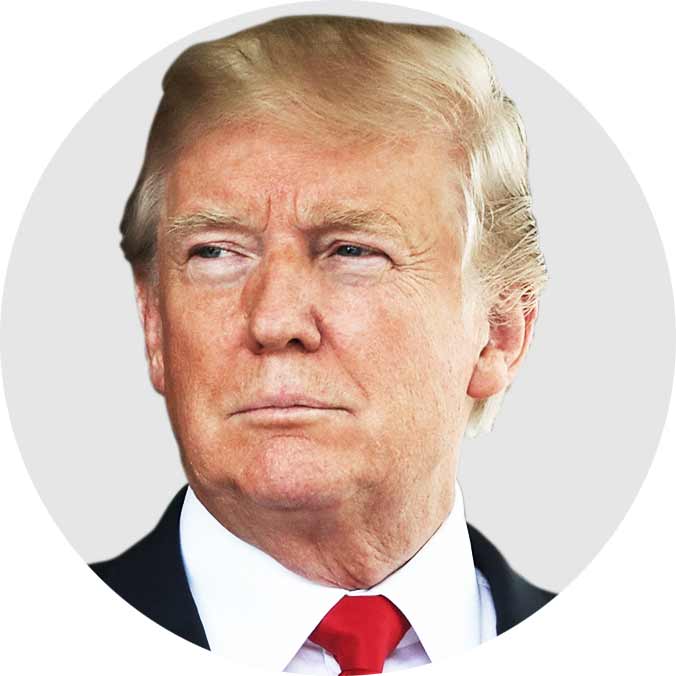
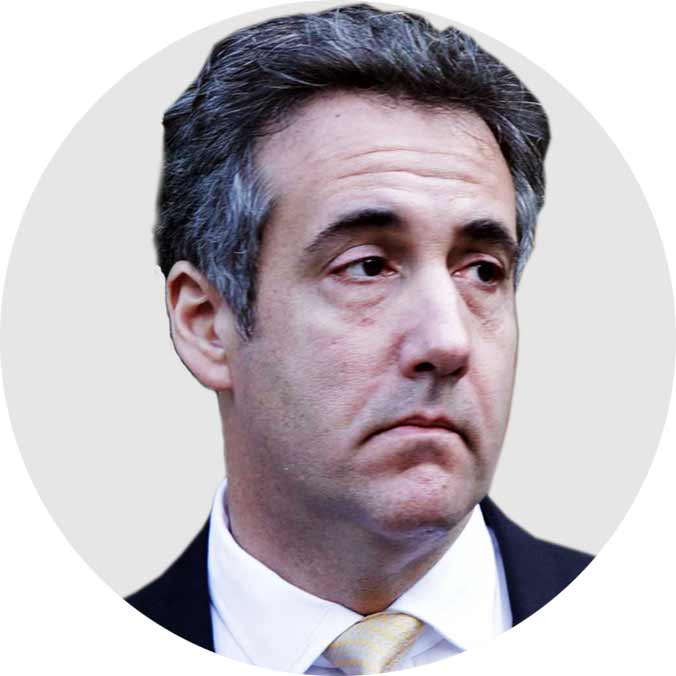
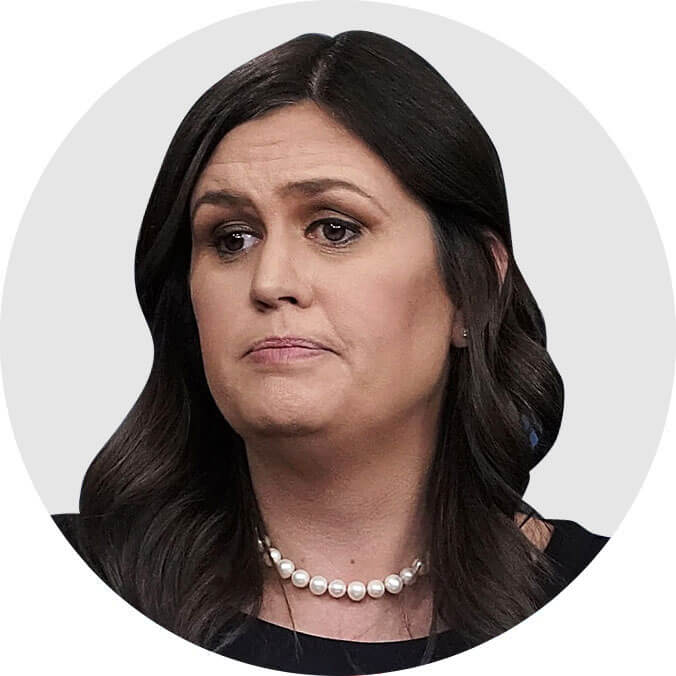
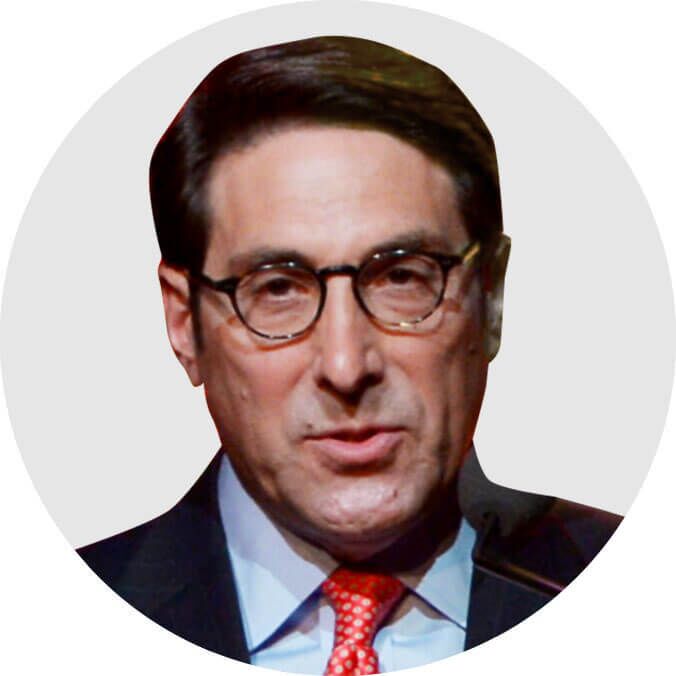
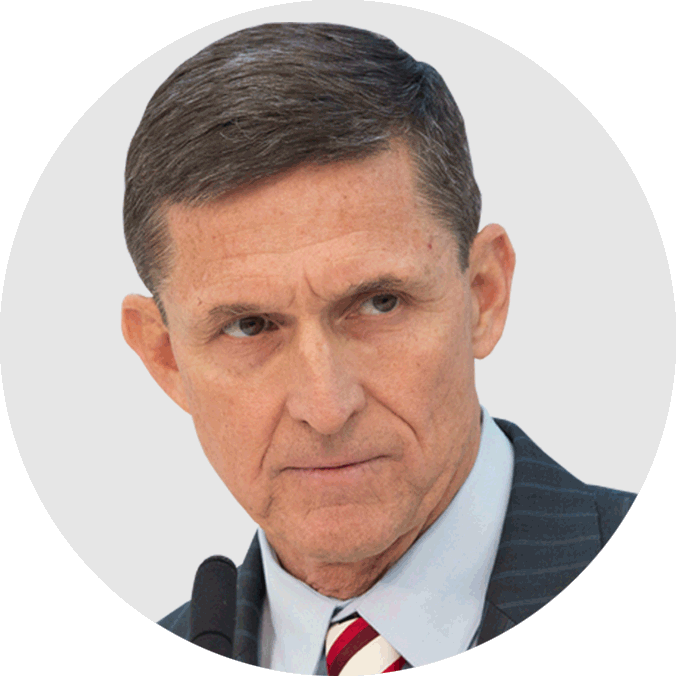

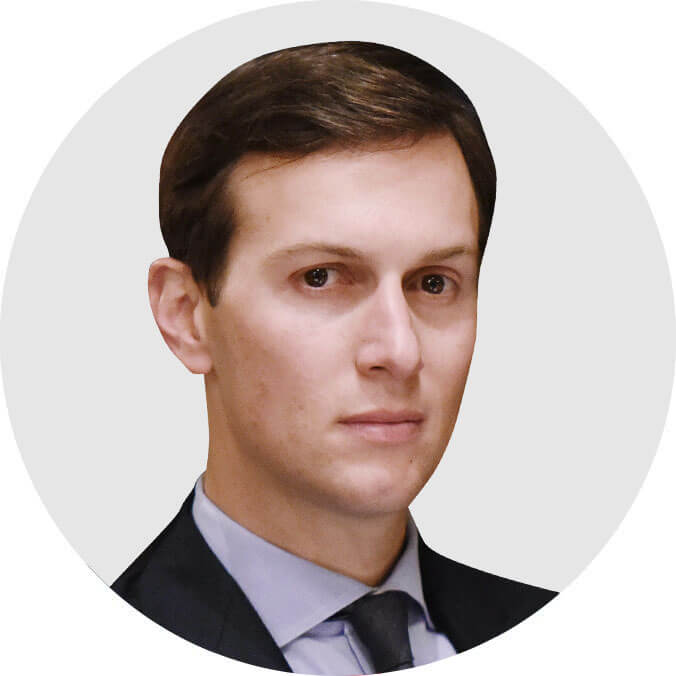
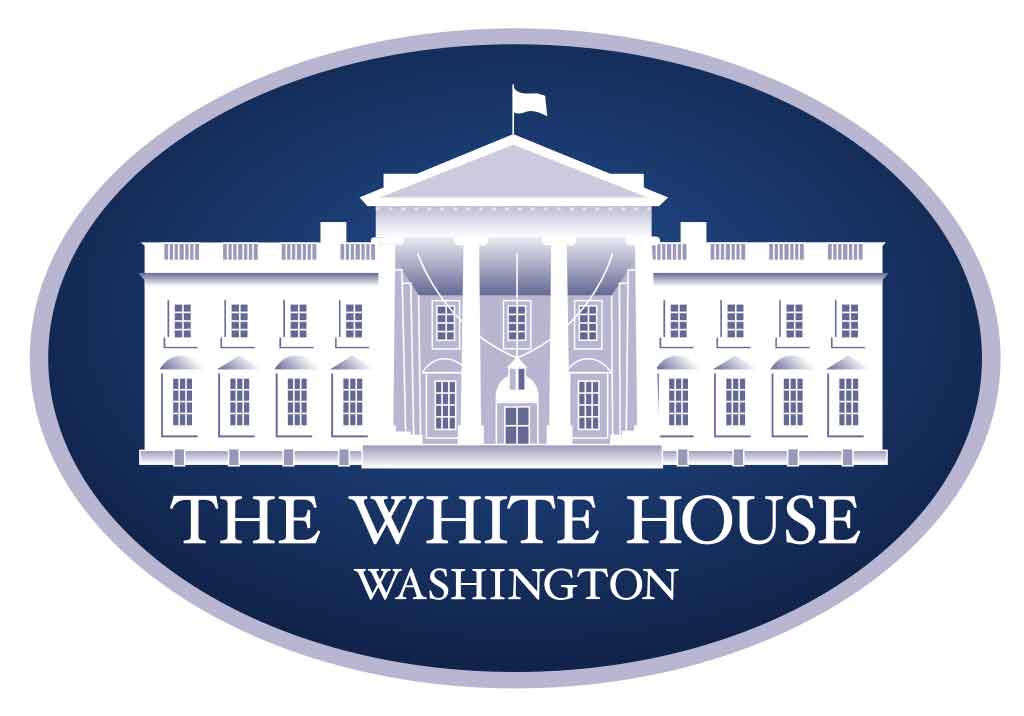
No comments:
Post a Comment